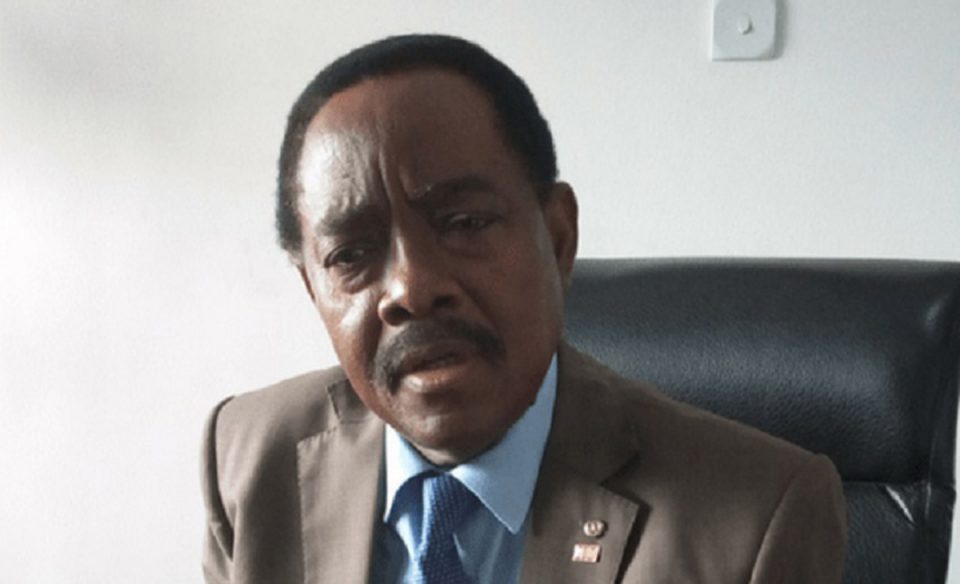The Lagos Chamber of Commerce and Industry (LCCI), has charged government to implement a blend of fiscal, monetary, and regulatory policies.
This, it said, was to stabilise prices and stimulate economic growth in the third quarter of 2022.
Dr Michael Olawale-Cole, President, LCCI, gave the advice on Thursday in Lagos at the chamber’s economic and business outlook with the theme: “LCCI Mid-year Economic Review and Outlook Conference”.
Olawale-Cole said the advice was important due to the chamber’s predictions that the country in the third quarter, might experience some fiscal constraints as a result of heavy subsidy costs, debt overhang and servicing.
He noted that the LCCI had earlier in the year, projected a growth rate of 2.5 per cent, anchored on the assumption of sustained high oil prices, transition to a market-reflective exchange rate system, and gradual implementation of reforms in the oil sector.
He, however, stated that the worsening security situation in many parts of the country would continue to threaten agricultural production, manufacturing value chains, and logistics.
Olawale-Cole added that the Central Bank of Nigeria’s (CBN) rate hike and rising energy costs with diesel above N800/litre, Jet-A1 at N710 per litre, and PMS selling above the government-regulated price would continue to aggravate production costs.
All these, he posited, might lead to restrained manufacturing and eventual job losses.
“We expect to experience some fiscal constraints because of debt overhang accompanied by a high debt service burden and heavy subsidy costs.
“There are therefore, heightened fears of contracting output, constrained production, and recession risks as we navigate the murky waters of 2022,” he warned.
Africa Tax and Legal Service Leader, PriceWaterhouseCoopers Nigeria, Mr Taiwo Oyedele urged government to address tax evaders in Ministries Departments and Agencies (MDAs), to shore up its revenue.
He explained that Nigeria could increase its tax revenues without increasing taxes or introducing new ones by adopting appropriate policy measures to stimulate inclusive economy growth and remove the impediments to business.
“The bulk of your existing revenue is tax evaders, and even some of them are in government.
“In fact, the highest tax evaders in Nigeria are in government from MDAs who collect Value Added Tax (VAT) and withholding tax and do not remit it and get away with it.
“The best way to handle these tax matters is to be proactive, engage early and connect the dots looking ahead by using data objectively and building public trust and interest,” he said.
On fuel subsidy, he projected that Nigeria would spend more than the N4 trillion proposed, and stressed the need for the country to know its consumption value to help future budgetary allocations.
Ms Chinwe Egwim, Chief Economist, Coronation Merchant Bank, noted that the rising costs as seen across products and select services due to supply-side constraints had impacted inflation figures.
She added that the increase in inflation was affecting consumption patterns and by extension, demand dynamics for corporates.
As a result, Egwim projected that businesses that produced discretionary items were likely to see profit margins contract this year and perhaps, in 2023.
She said that based on the bank’s channel checks, consumers were already shifting toward more affordable substitutes of discretionary products.
She urged businesses to focus on optimising their working capital while mitigating the risks arising from high inflation levels and foreign exchange depreciation.
“This is because optimal working capital will provide adequate cash levels for corporates, allowing them key into tactical opportunities and tackle unforeseen business scenarios and expenses.
“It will also provide increased flexibility to fulfill customer orders as well as expand and invest in new products to stay competitive,” she said.
The Director-General, Budget Office of the Federation, Mr Ben Akabueze, said that the invasion of Ukraine by Russia was a negative narrative, affecting global economies alongside the COVID-19 pandemic.
Akabueze said the Nigerian budget was aimed at strengthening the macro economic and business environment accelerating economic growth, investing in critical infrastructure human capital development and enhancing the social investment programme.
He, however, noted that the country had recorded some growth but socio economic conditions remained challenging.
He blamed Nigeria’s inability to meet the Organisation of Petroleum Exporting Countries(OPEC) quota on industrial scale crude oil theft and the rampant vandalisation of crude oil facilities.
“The Joint Ventures among the different business arrangements in the oil and gas sector which have different implications for government’s revenue, are the biggest hit from these thefts and vandalisation since they provide the highest stake,” he said.




